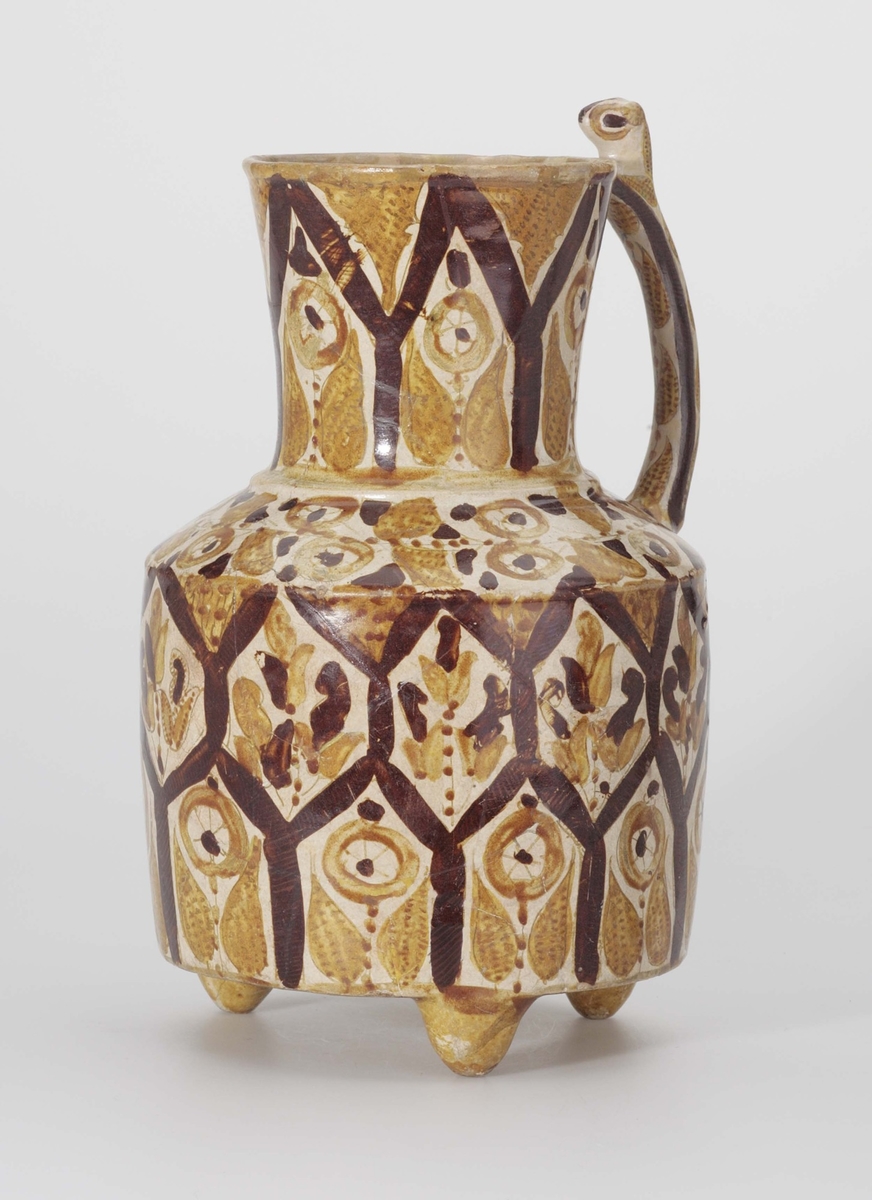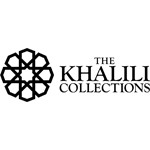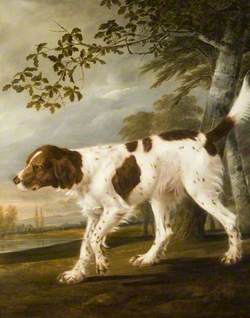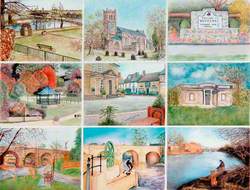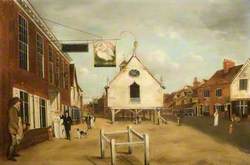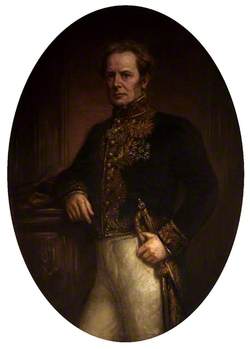How you can use this image
This image can be used for non-commercial research or private study purposes, and other UK exceptions to copyright permitted to users based in the United Kingdom under the Copyright, Designs and Patents Act 1988, as amended and revised. Any other type of use will need to be cleared with the rights holder(s).
Review the copyright credit lines that are located underneath the image, as these indicate who manages the copyright (©) within the artwork, and the photographic rights within the image.
The collection that owns the artwork may have more information on their own website about permitted uses and image licensing options.
Review our guidance pages which explain how you can reuse images, how to credit an image and how to find images in the public domain or with a Creative Commons licence available.
Notes
Add or edit a note on this artwork that only you can see. You can find notes again by going to the ‘Notes’ section of your account.
An important development in Islamic pottery was the discovery that the technique of lustre painting, which by the ninth century had been used for glass, could be applied to pottery with even more spectacular results, and also could be combined with in-glaze staining. By applying a combination of metallic oxides, sulphur and other substances to the glazed surface and firing in an oxygen-poor muffle kiln, an infinitesimally thin metallic layer of gold, silver or copper was deposited on the surface. However, the process was difficult to control; the ultimate effect depended to a large extent on the firing conditions in the kiln. Over-firing tended to dull the colours but a few surviving vessels with brilliant metallic gold lustre on a ruby ground give a good idea of what the potters intended to produce.
Title
Jug with Lustre Decoration
Date
9th C
Medium
buff-bodied earthenware, painted with polychrome lustre on an opacified white tin glaze
Accession number
315
Work type
Ceramic
